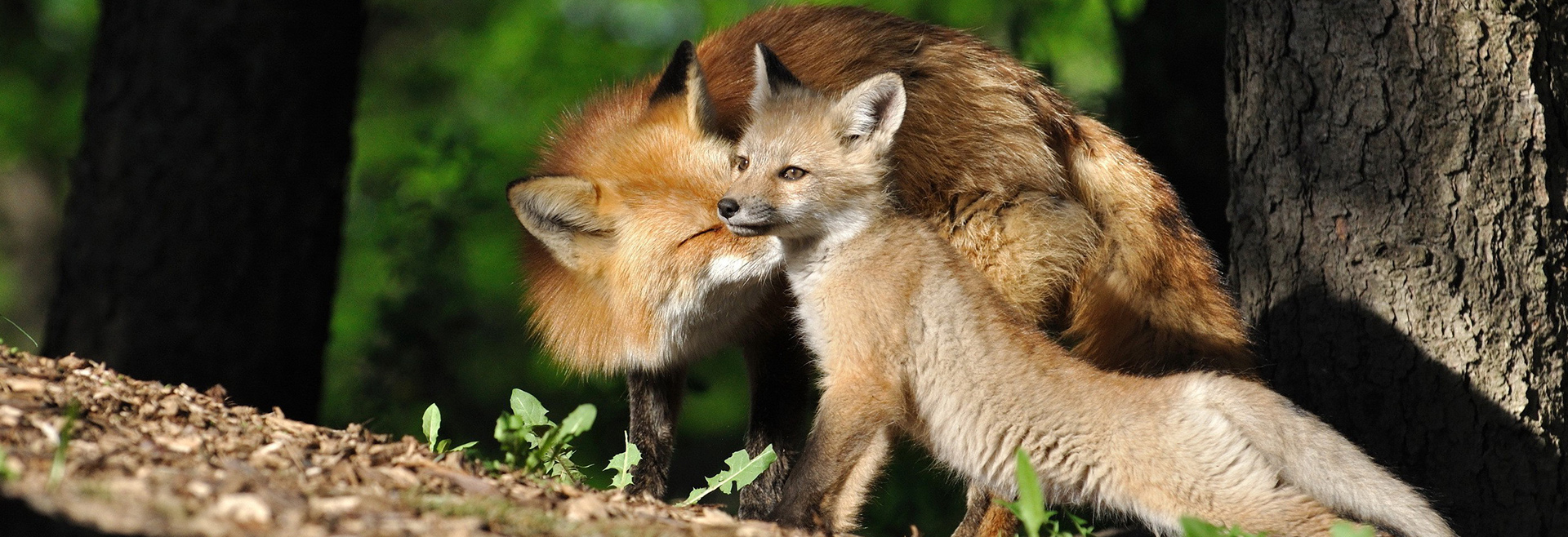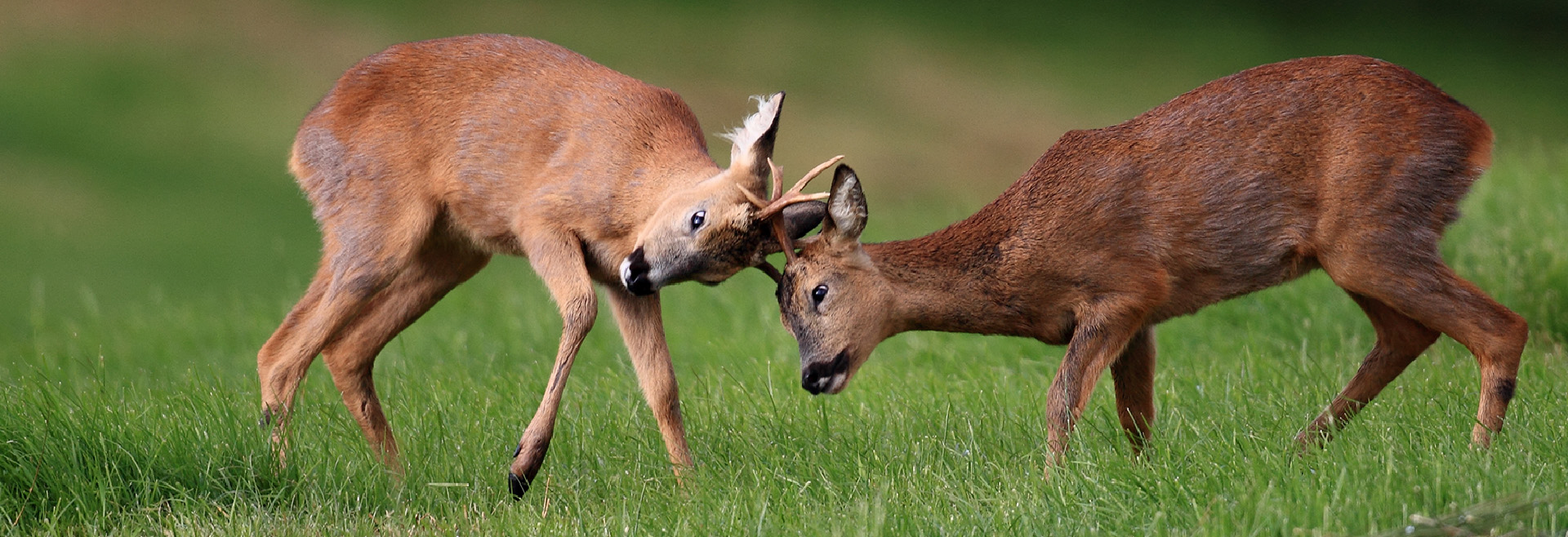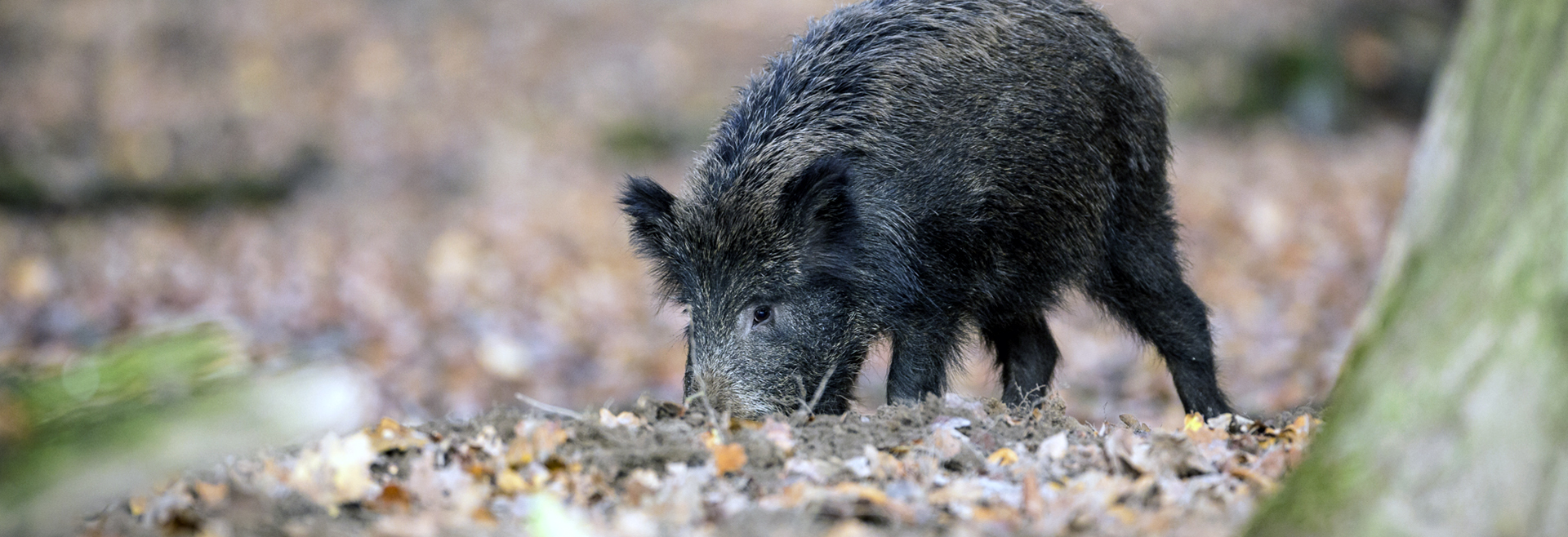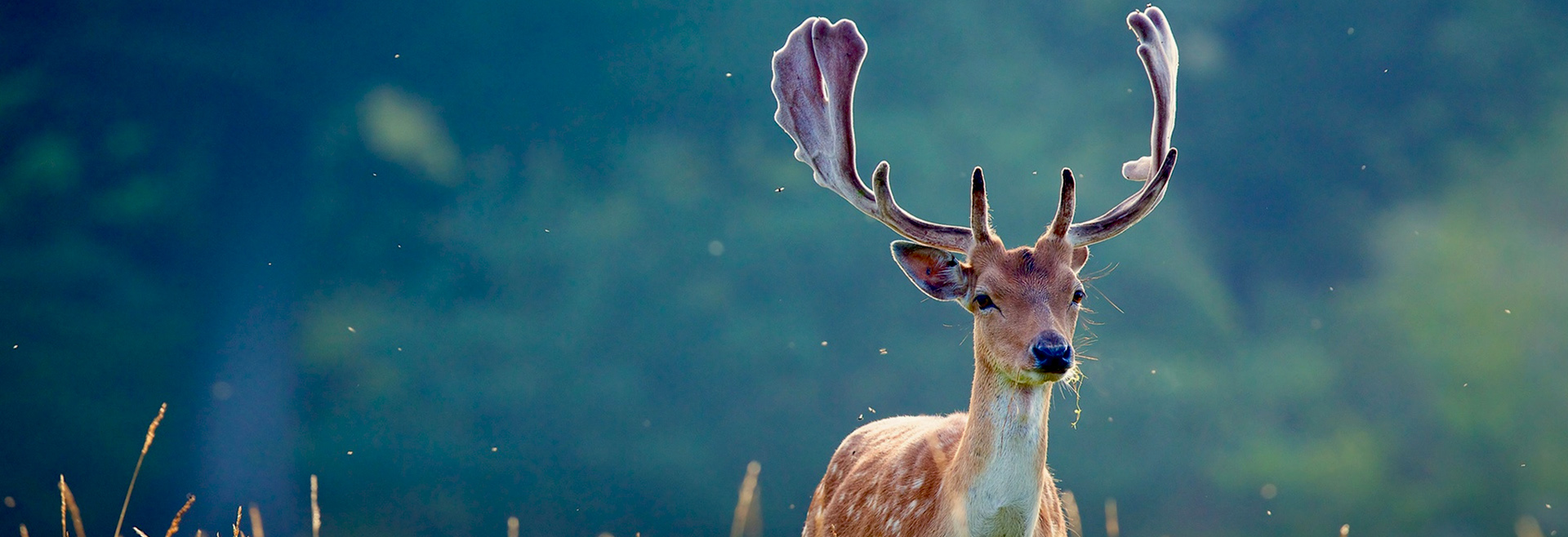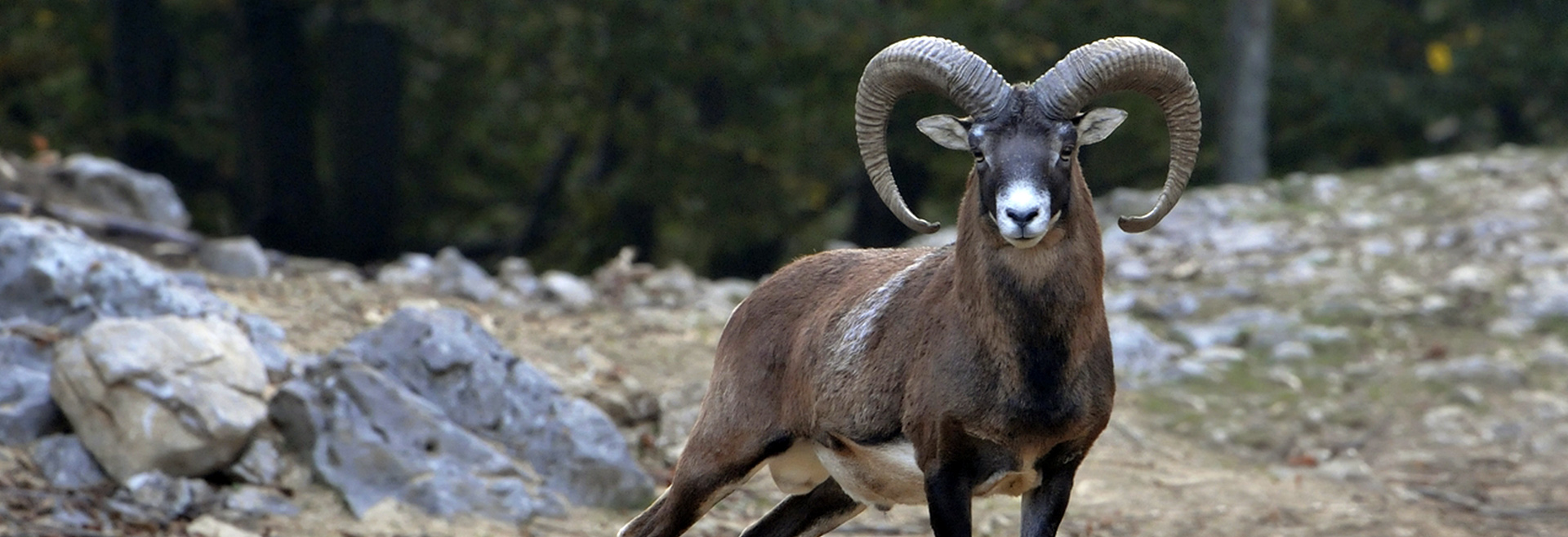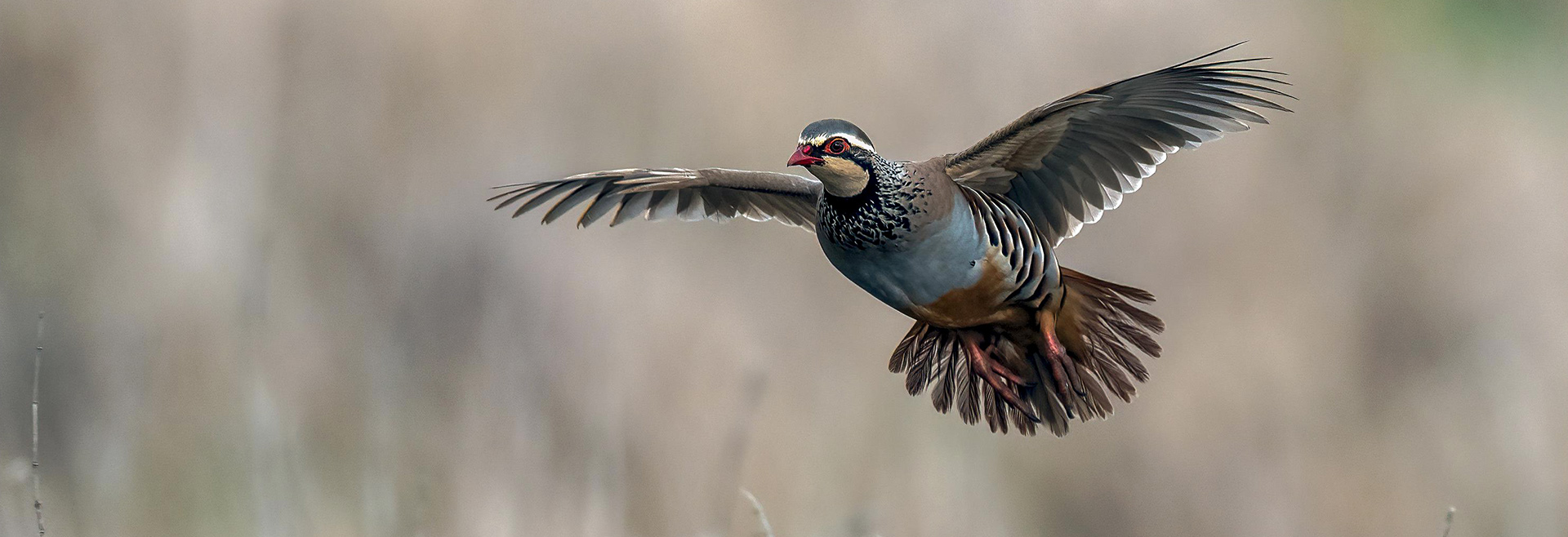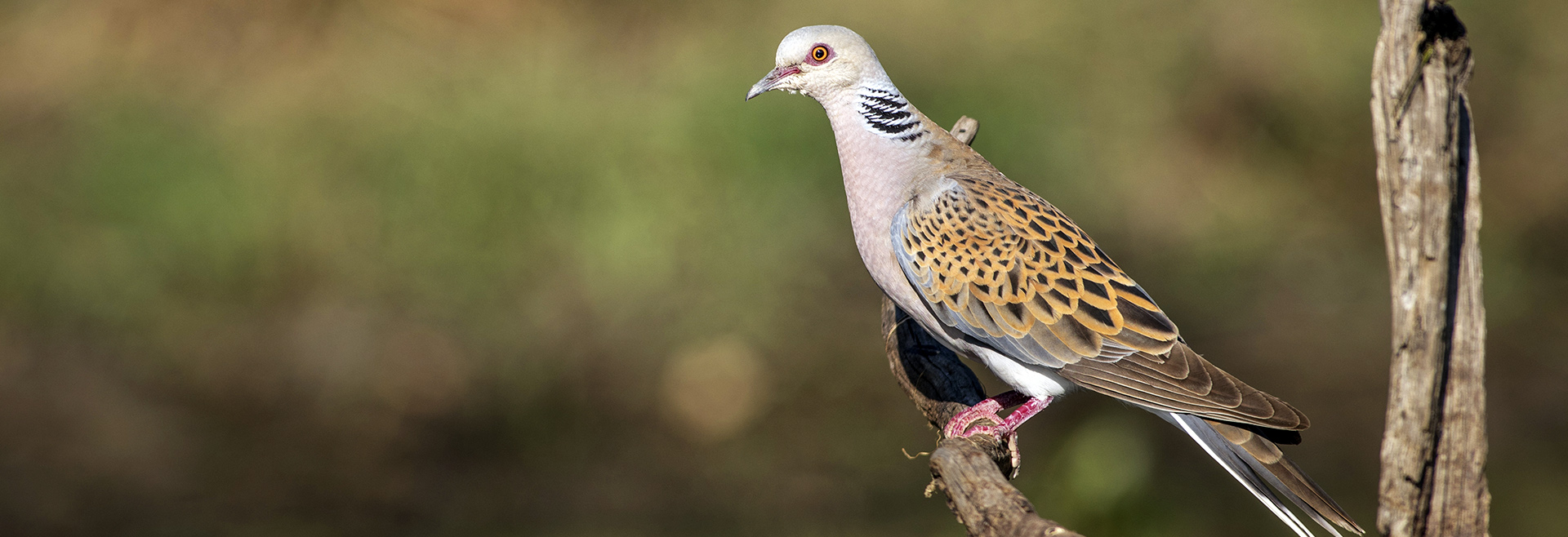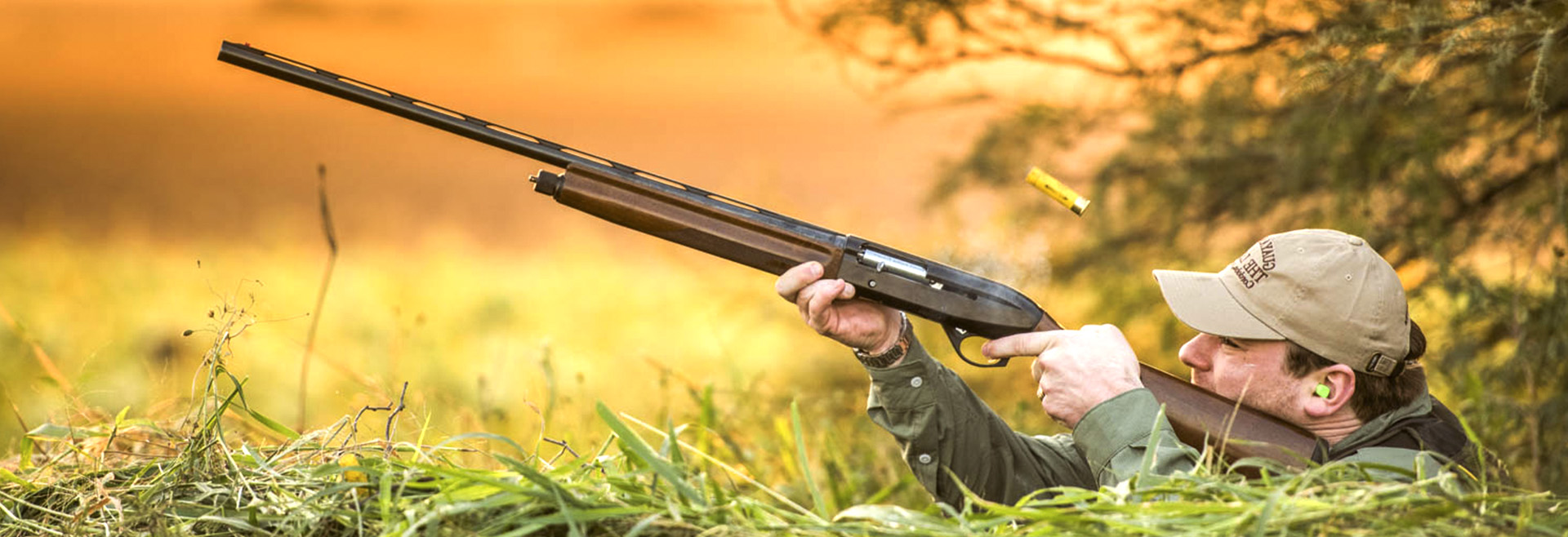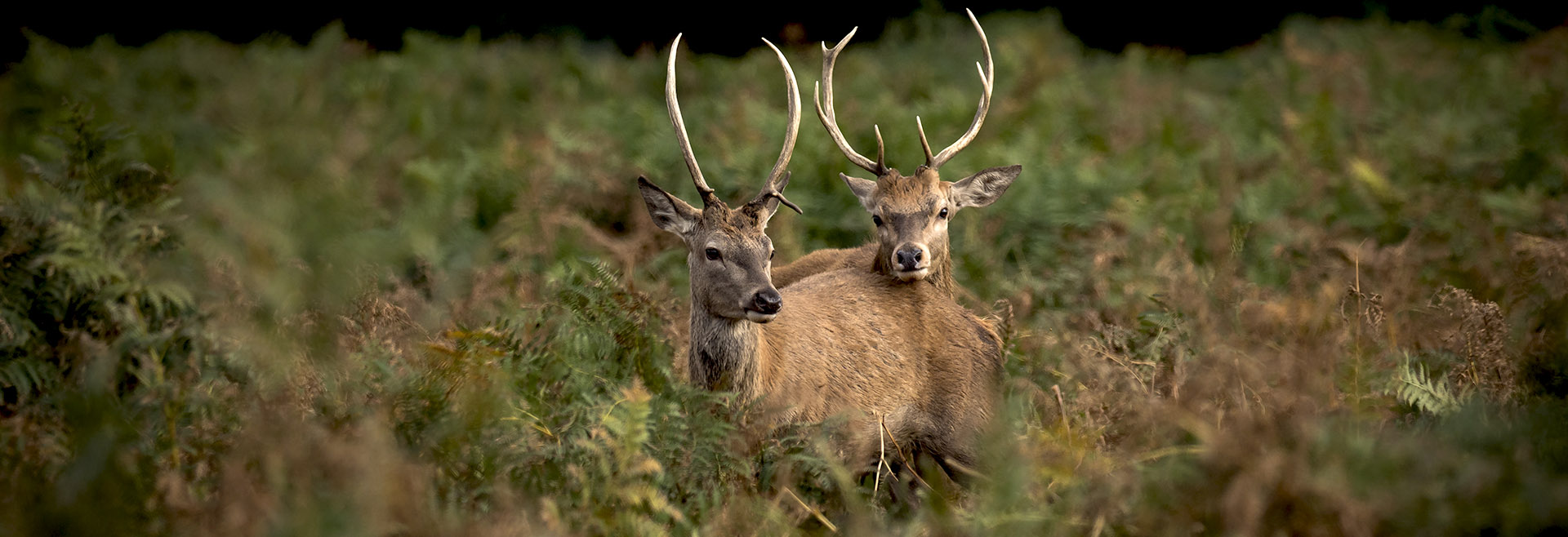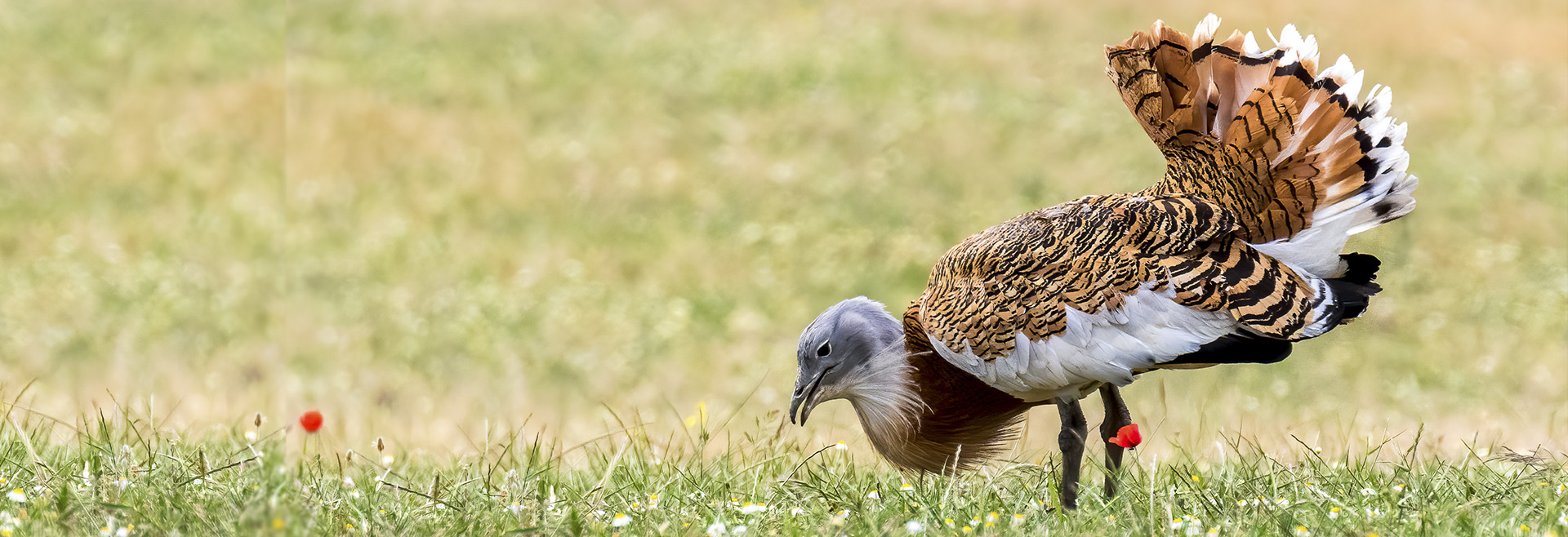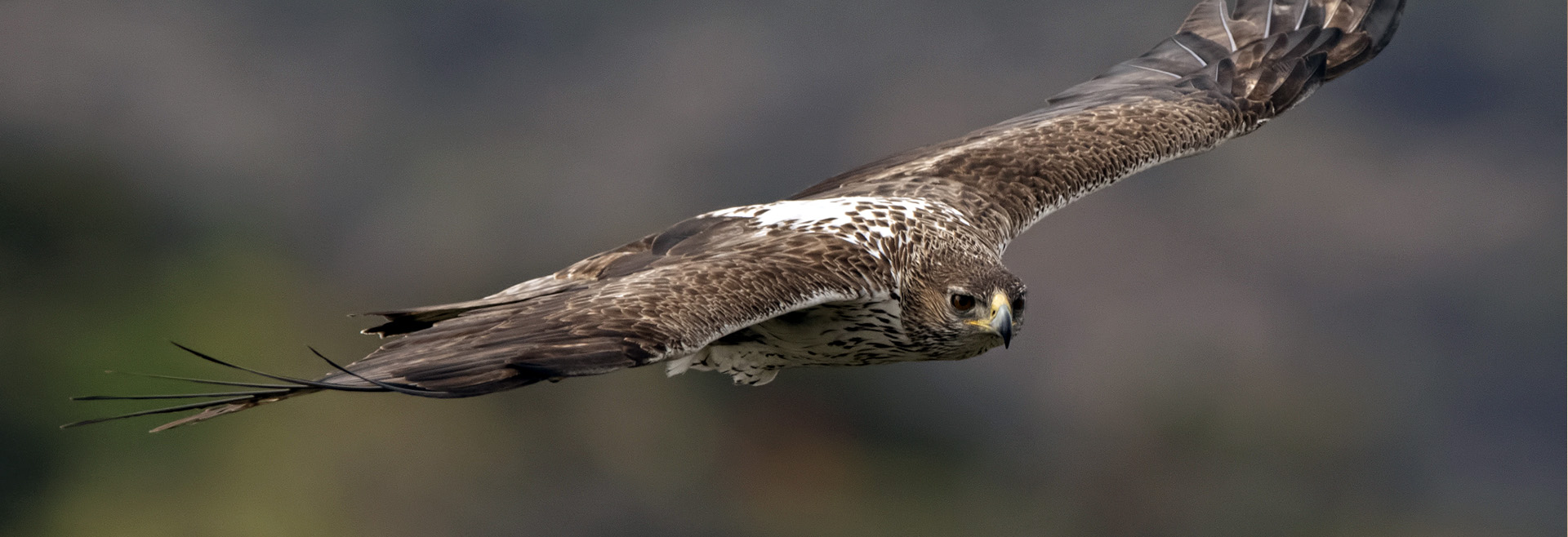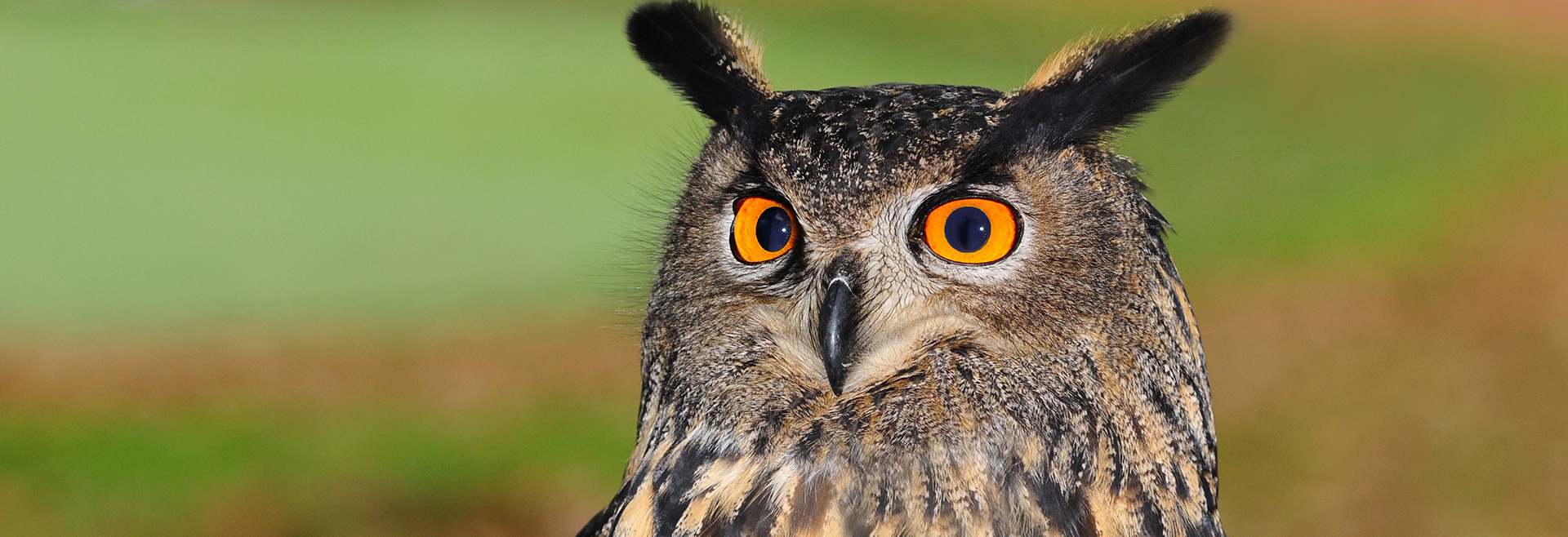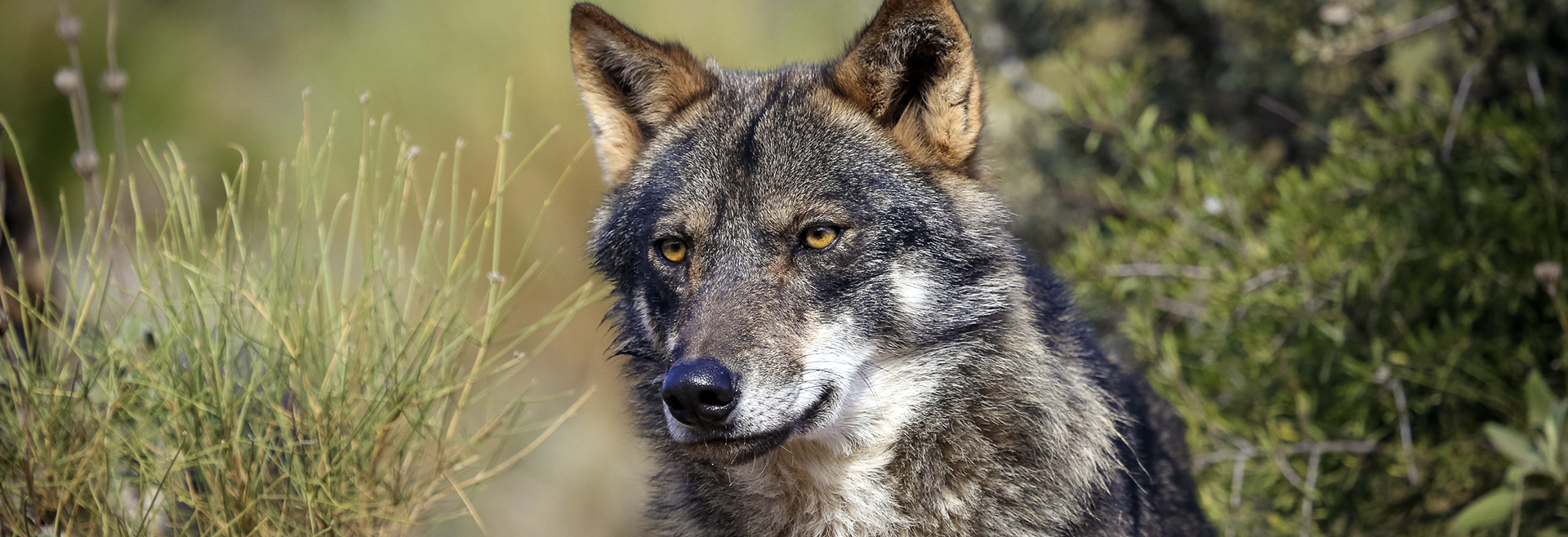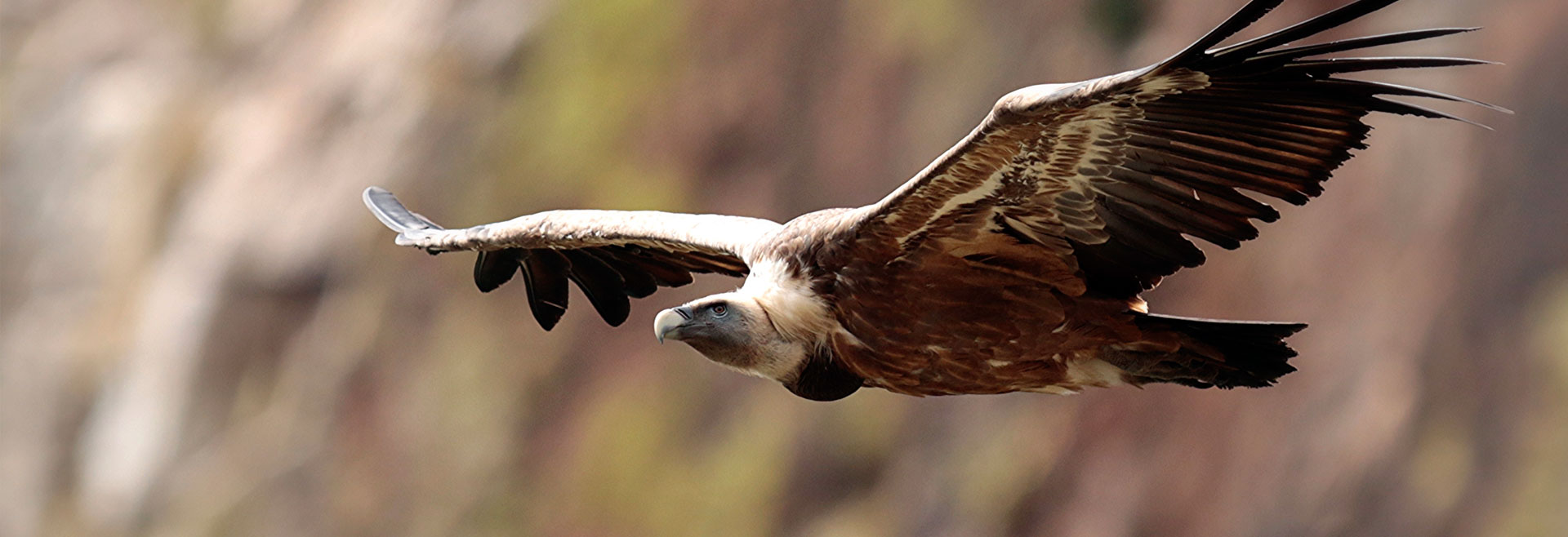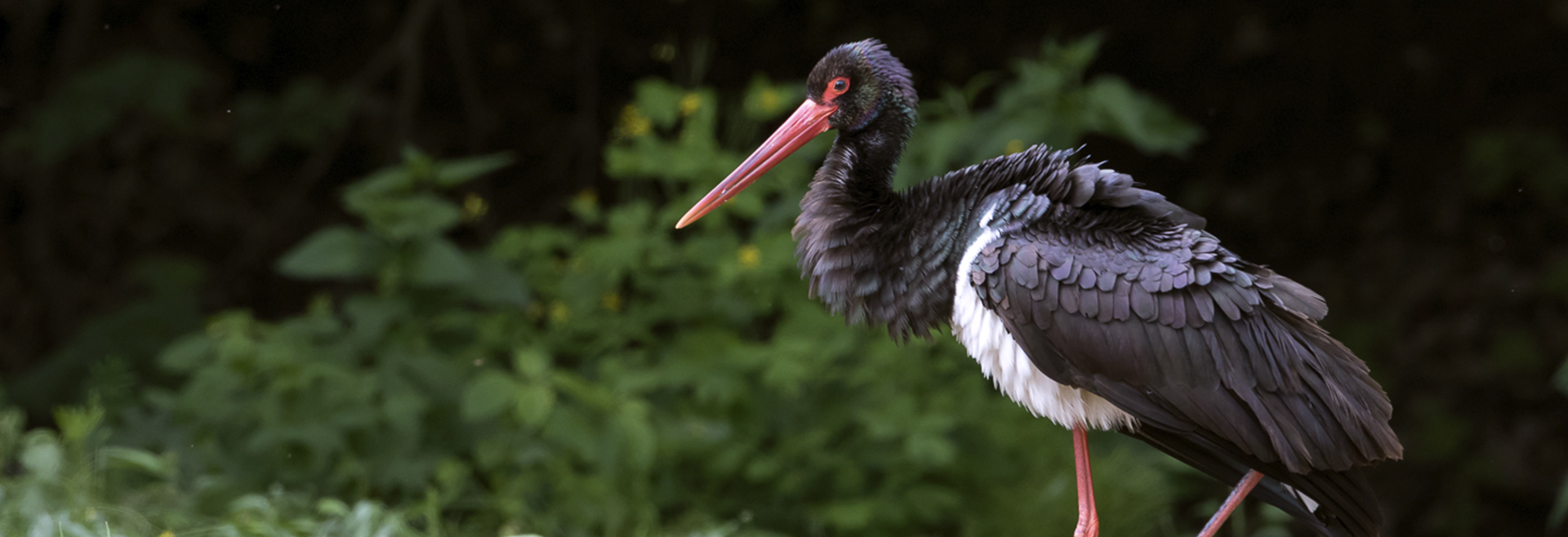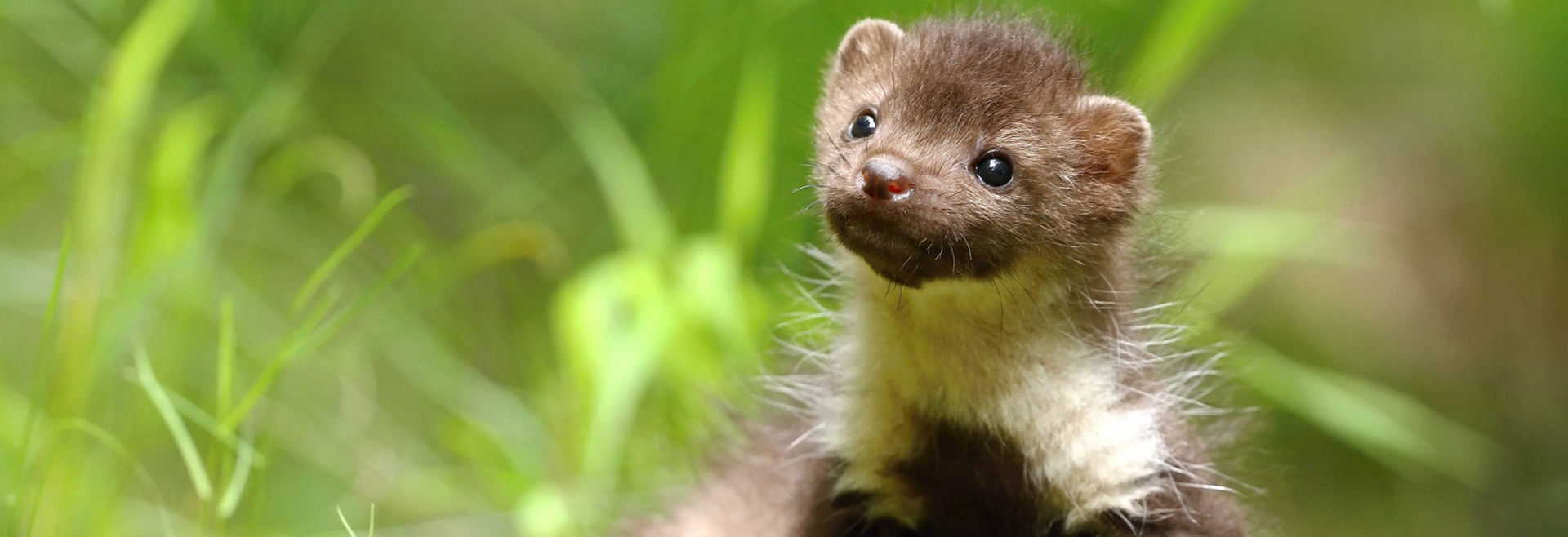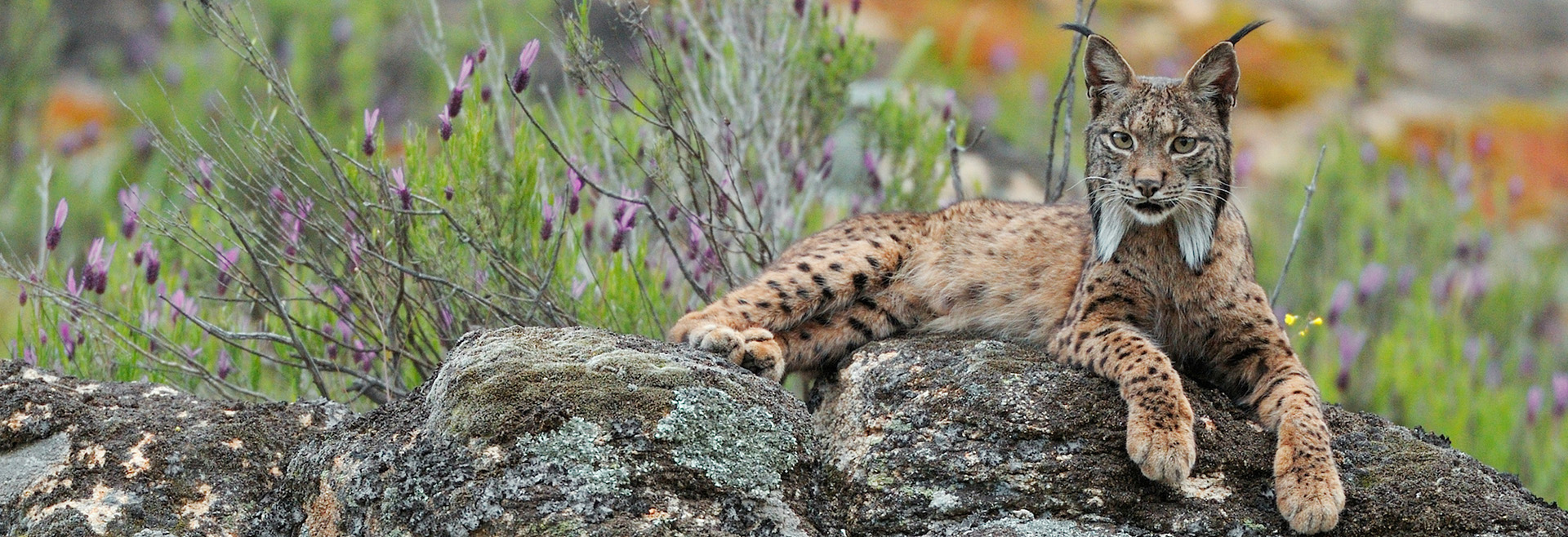Implications and challenges of tuberculosis in wildlife ungulates in Portugal: a molecular epidemiology perspective
-
PMID21459394
-
RevistaResearch in Veterinary Science
-
Volume e Páginas92, 225–235
Mycobacterium bovis and, more rarely, Mycobacterium caprae, may cause zoonotic bovine tuberculosis (bTB) in an extensive range of animal species. In Portugal, during 2009, a remarkable raise of bTB incidence was registered in cattle along with an increase of new cases in wildlife. In this work, we reassess and update the molecular epidemiology of bTB in wild ungulates by including 83 new M. bovis and M. caprae isolates from wild boar and red deer obtained during 2008-2009. Spoligotyping identified 27 patterns in wild ungulates, including 11 patterns exclusive from deer and five from wild boar. The genetic relatedness of wildlife and livestock isolates is confirmed. However, the relative prevalence of the predominant genotypes is different between the two groups. Contrasting with the disease in livestock, which is widespread in the territory, the isolation of bTB in wildlife is, apparently, geographically localized and genotypic similarities of strains are observed at the Iberian level.
-
Palavras-chaveMycobacterium bovis; Mycobacterium caprae; Tuberculosis; Wild boar; Red deer; Molecular epidemiology


